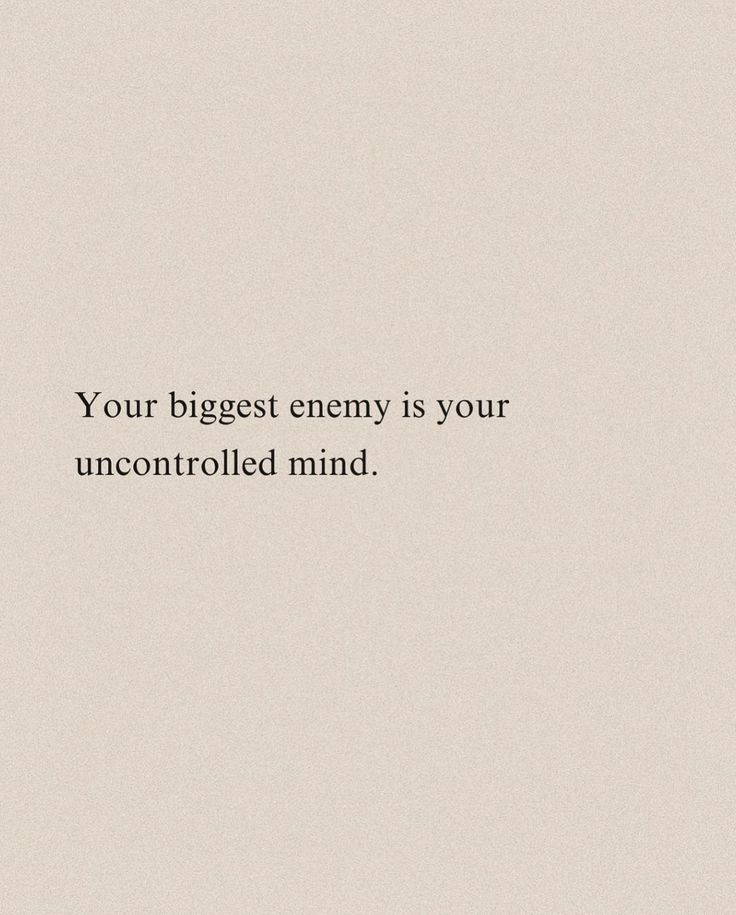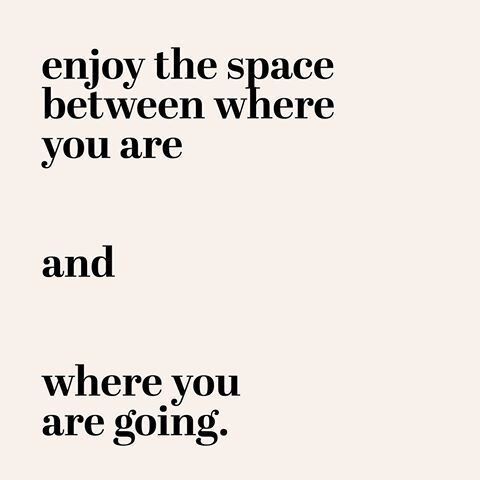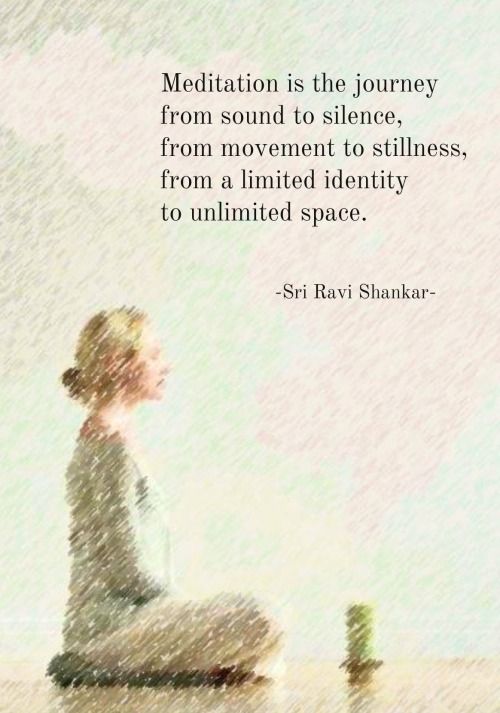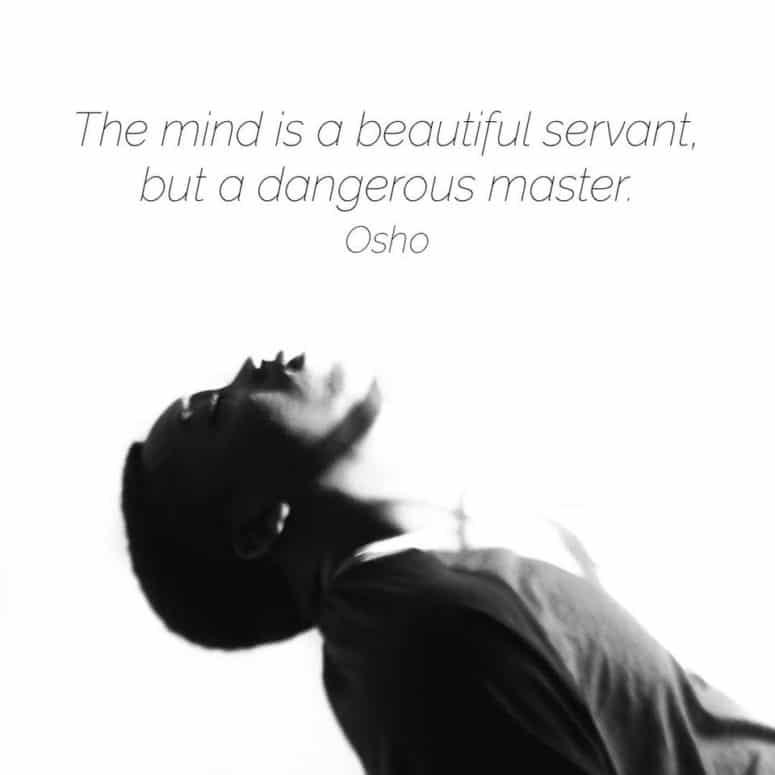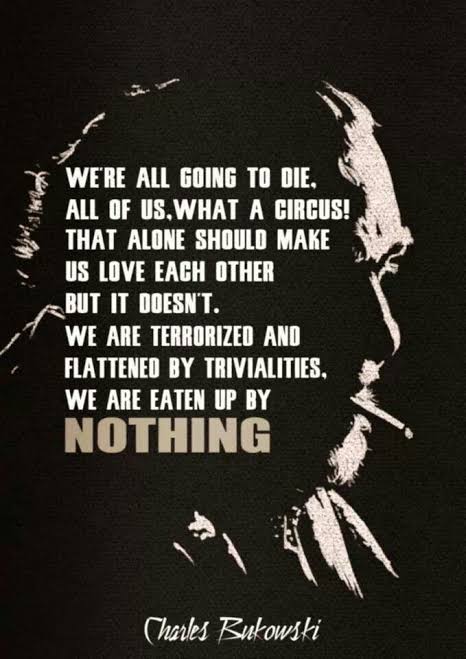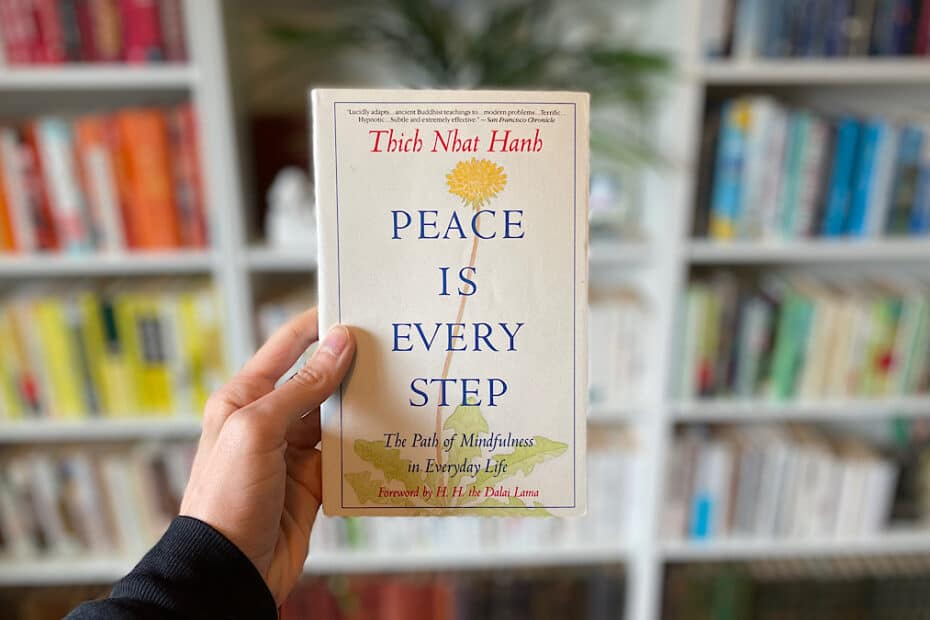“John D. Rockefeller would take regular breaks from his notoriously demanding schedule to mill about in his garden—it was his personal escape. Find your “garden” and go there often. Practice stillness, flex the solitude muscle. Be bored for at least 15 minutes per day. It’s an unlock for creativity and mindfulness.”
Sahil Bloom
“We spend our lives lost in thought. The question is, what should we make of this fact? In the West, the answer has been ‘Not much.’ In the East, especially in contemplative traditions like those of Buddhism, being distracted by thought is understood to be the very wellspring of human suffering. From the contemplative point of view, being lost in thoughts of any kind, pleasant or unpleasant, is analogous to being asleep and dreaming. It’s a mode of not knowing what is actually happening in the present moment. It is essentially a form of psychosis. Thoughts themselves are not a problem, but being identified with thought is. Taking oneself to be the thinker of one’s thoughts—that is, not recognizing the present thought to be a transitory appearance in consciousness—is a delusion that produces nearly every species of human conflict and unhappiness. It doesn’t matter if your mind is wandering over current problems in set theory or cancer research; if you are thinking without knowing you are thinking, you are confused about who and what you are.”
Sam Harris, Waking Up (Page 101)
“Even if your life depended on it, you could not spend a full minute free of thought. This is a remarkable fact about the human mind. We are capable of astonishing feats of understanding and creativity. We can endure almost any torment. But it is not within our power to simply stop talking to ourselves, whatever the stakes. It’s not even in our power to recognize each thought as it arises in consciousness without getting distracted every few seconds by one of them. Without significant training in meditation, remaining aware—of anything—for a full minute is just not in the cards.”
Sam Harris, Waking Up (Page 100)
“In the beginning of one’s meditation practice, the difference between ordinary experience and what one comes to consider ‘mindfulness’ is not very clear, and it takes some training to distinguish between being lost in thought and seeing thoughts for what they are. In this sense, learning to meditate is just like acquiring any other skill. It takes many thousands of repetitions to throw a good jab or to coax music from the strings of a guitar. With practice, mindfulness becomes a well-formed habit of attention, and the difference between it and ordinary thinking will become increasingly clear. Eventually, it begins to seem as if you are repeatedly awakening from a dream to find yourself safely in bed. No matter how terrible the dream, the relief is instantaneous. And yet it is difficult to stay awake for more than a few seconds at a time.”
Sam Harris, Waking Up (Page 37)
“The principal enemy of mindfulness—or of any meditative practice—is our deeply conditioned habit of being distracted by thoughts. The problem is not thoughts themselves but the state of thinking without knowing that we are thinking. In fact, thoughts of all kinds can be perfectly good objects of mindfulness. In the early stages of one’s practice, however, the arising of thought will be more or less synonymous with distraction—that is, with a failure to meditate. Most people who believe they are meditating are merely thinking with their eyes closed. By practicing mindfulness, however, one can awaken from the dream of discursive thought and begin to see each arising image, idea, or bit of language vanish without a tract. What remains is consciousness itself, with its attendant sights, sounds, sensations, and thoughts appearing and changing in every moment.”
Sam Harris, Waking Up (Page 36)
“There is nothing passive about mindfulness. One might even say that it expresses a specific kind of passion—a passion for discerning what is subjectively real in every moment. It is a mode of cognition that is, above all, undistracted, accepting, and (ultimately) nonconceptual. Being mindful is not a matter of thinking more clearly about experience; it is the act of experiencing more clearly, including the arising of thoughts themselves. Mindfulness is a vivid awareness of whatever is appearing in one’s mind or body—thoughts, sensations, moods—without grasping at the pleasant or recoiling from the unpleasant. One of the great strengths of this technique of meditation, from a secular point of view, is that it does not require us to adopt any cultural affectations or unjustified beliefs. It simply demands that we pay close attention to the flow of experience in each moment.”
Sam Harris, Waking Up (Page 36)
“The literature on [the] psychological benefits [of mindfulness] is now substantial. There is nothing spooky about mindfulness. It is simply the state of clear, nonjudgmental, and undistracted attention to the contents of consciousness, whether pleasant or unpleasant. Cultivating this quality of mind has been shown to reduce pain, anxiety, and depression; improve cognitive function; and even produce changes in gray matter density in regions of the brain related to learning and memory, emotional regulation, and self-awareness.”
Sam Harris, Waking Up (Page 35)
“To my mind, the idea that doing dishes is unpleasant can occur only when you aren’t doing them… If I am incapable of washing dishes joyfully, if I want to finish the quickly so I can go and have dessert or a cup of tea, I will be equally incapable of enjoying my dessert or my tea when I finally have them… Each thought, each action in the sunlight of awareness becomes sacred. In this light, no boundary exists between the sacred and the profane.”
Thich Nhat Hanh, via Think Like A Monk (Page 135)
“To purify our thoughts, monks talk about the process of awareness, addressing, and amending. I like to remember this as spot, stop, swap. First, we become aware of a feeling or issue—we spot it. Then we pause to address what the feeling is and where it comes from—we stop to consider it. And last, we amend our behavior—we swap in a new way of processing the moment.”
Jay Shetty, Think Like A Monk (Page 32)
“Be attentive to what you do; never consider anything unworthy of your attention.”
Confucius, A Calendar of Wisdom (Page 105)
“Have you ever sat very quietly without any movement? You try it, sit really still, with your back straight, and observe what your mind is doing. Don’t try to control it, don’t say it should not jump from one thought to another, but just be aware of how your mind is jumping. Don’t do anything about it, but watch it as from the banks of a river you watch the river flow by. In the flowing river there are so many things—fishes, leaves, dead animals—but it is always living, moving, and your mind is like that. It is everlastingly restless, flitting from one thing to another like a butterfly… just watch your mind. It is great fun. If you try it as fun, as an amusing thing, you will find that the mind begins to settle down without any effort on your part to control it. There is then no censor, no judge, no evaluator; and when the mind is thus very quiet of itself, spontaneously still, you will discover what it is to be gay. Do you know what gaiety is? It is just to laugh, to take delight in anything or nothing, to know the joy of living, smiling, looking straight into the face of another without any sense of fear.”
J. Krishnamurti, Think On These Things, via Sunbeams (Page 41)
20 Profound Thich Nhat Hanh Quotes from Peace Is Every Step
Excerpt: In the rush of life, we tend to lose touch with the peace that is available in each moment. These quotes from Peace Is Every Step will help…
Read More »20 Profound Thich Nhat Hanh Quotes from Peace Is Every Step
Herbert Simon Quote on Attention and How Eyes Communicate Priority
“A wealth of information creates a poverty of attention.”
Herbert Simon, via Stillness is the Key (Page 30)
Beyond the Quote (280/365)
The vast majority of the information that we use to process the world comes in through our eyes. Next most is through our ears. It follows, then, that where our eyes are pointed will determine where the majority of the information that we’ll obtain will come from. If our eyes are pointed at another person, the majority of the information that we’ll end up taking in will come from what we see while looking at that person. And the same is true if our eyes are pointed at a screen, at the road while we’re driving, at a stranger passing us down the street, etc. Eyes communicate priority.
Read More »Herbert Simon Quote on Attention and How Eyes Communicate Priority